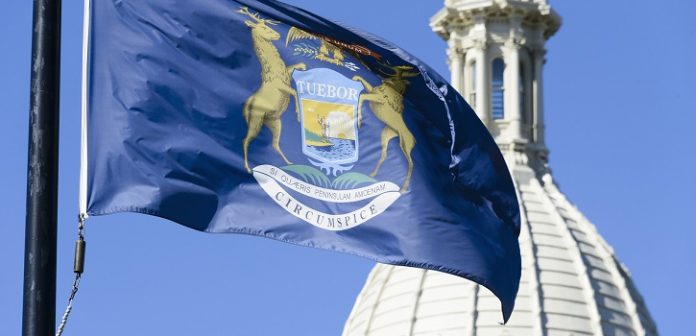Michigan’s state stance and approach to tackling problem gamblers have received a lot of criticism from various quarters. There are many documented cases of problem gamblers trying to find a way out of the vice. The addiction to gambling has created strain too many families, especially on finances. Many people are depressed, turning to other measures to get more money to gamble.
Michigan’s Gaming Control Board came up with a program aimed at managing problem gamblers and enabling them to stop the practice. The control measure, though noble, was ill advised and its implementation ineffective, an argument agreed upon by many people.
The regulation
 The State came up with the Disassociated Person List to feature problem gamblers, voluntarily. The state then shares the list will casinos and leading gambling houses in Michigan. Once on the list, one will be prohibited from visiting the gambling facilities, and therefore not engage in gambling activities.
The State came up with the Disassociated Person List to feature problem gamblers, voluntarily. The state then shares the list will casinos and leading gambling houses in Michigan. Once on the list, one will be prohibited from visiting the gambling facilities, and therefore not engage in gambling activities.
Should you contravene the regulation, one is termed guilty of a trespassing misdemeanor and is liable to a $1000 fine and imprisonment of up to a year. The culprits receive a lifetime ban to the gambling facilities. In addition to the massive fines imposed by the state, the authorities confiscate all the winnings by the banned gamblers.
A total of 4600 voluntarily signed up to be included in the list. This number is just a drop in the ocean, compared to over 300,000 compulsive gamblers reported to be within Michigan. The program hoped that the prohibition to gambling facilities would be a deterrent enough to control and finally shake off the gambling urge.
Implementation challenges
Many reports indicate that this measure is not bearing any fruits as a deterrent to gambling as intended. The challenged faced in the implementation of the regulation stage from screening challenges by the gambling facilities. The gambling centres, it has been proven, are unable to screen banned customers effectively. The lack of enforcement of the policy has enabled problem gamblers to continue accessing the facilities unchecked and unregulated.
 Twenty-three Native American gambling do not feature in the Disassociation Persons List. The excluded gambling facilities are an option for those already on the list, to continue engaging in gambling. The alternative gambling avenues have allowed problem gamblers who are trying to find a way out unable to control their compulsion.
Twenty-three Native American gambling do not feature in the Disassociation Persons List. The excluded gambling facilities are an option for those already on the list, to continue engaging in gambling. The alternative gambling avenues have allowed problem gamblers who are trying to find a way out unable to control their compulsion.
Since 2005, the restrictive policy has seen the state receive over a million dollars in fines from those contravening the policy. The punitive measures are not sufficient to curb the menace of addictive and compulsive gambling. The numbers of those registered for the program have remained low over the years. Being featured on a public list, with anyone having access to this information, is also a deterrent to many people wishing to join.
By opting to get included in the list means that the gambler is already admitting to a crime. As much as the addicted compulsive gamblers need help, the option of a possibility of being a convicted offender is not a solution. Being included in the list is just a ticking time bomb, and the gambler is just living on borrowed time before they are arrested and prosecuted. Not tackling the addictive problem head-on is like burying our heads in the sand. Although the state has offered rehabilitative treatment to first time convicted offenders, the relapse rate back to gambling is alarming.
The wrap-up
The criticism and divergent opinions expressed by many people on the disassociation blacklist should serve as a wake-up call to the authorities. The authorities should create appropriate measures that will not only keep off problem gamblers from gambling facilities but also enable them to overcome the gambling compulsion.
Disclaimer: All images are copyright to their respective owners and are used by USA Online Casino for informational purposes only.












